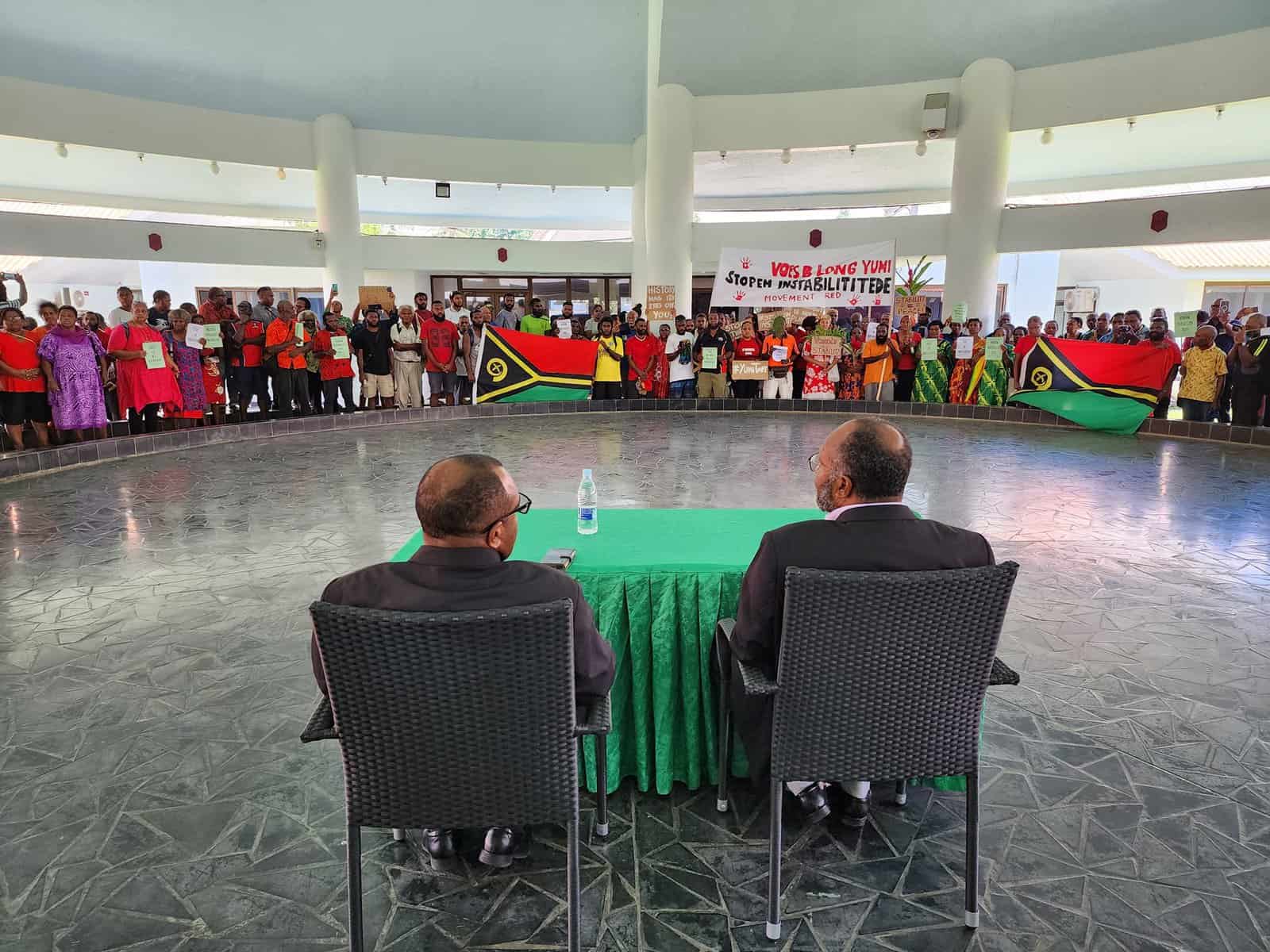Vanuatu is holding its first ever referendum on 29th May on two constitutional amendments designed to lessen instability on the floor of parliament.
The first amendment (17A) intends to tie members of parliament (MPs) to their political parties. The second (17B) aims at prohibiting MPs from sitting in parliament as independents unaffiliated to any political party.
In addition, a Political Parties Registration Act passed in December empowers the Principal Elections Officer to register and de-register parties, to vet the ‘policy platform’ of any . . .
Please Subscribe to view full content...

